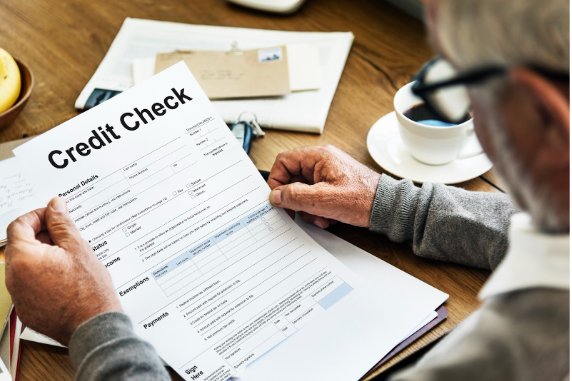
How to Create a Budget with Irregular Income
Budgets are a valuable tool for everyone trying to become better with their money. It can be difficult to create a budget when you know exactly how much you will be paid. If you don’t have a regular paycheque, creating a budget can be even more challenging.
Life can be unpredictable if you’re self-employed or work on contract, a freelancer, or perhaps you work on commissions only. Creating a budget can put chaos in order.
When you develop a budget, you can plan your finances more effectively, manage your debt, and help you save more to reach your financial goals.
If you’re feeling overwhelmed and frazzled at the thought of creating a budget on an irregular income, here are some tips to help you create a budget with irregular income.
Tips for creating a budget with Irregular Income
With any budget, there are three big pieces to consider:
- Income – what is the amount you are earning every month?
- Expenses – how much will you be spending?
- Is your income enough to cover your costs?
Set an income baseline
It is important to know how much money you might be bringing in. Depending on your situation, you can use an average of the last year’s worth of income or the previous few months.
If you have only recently started to receive irregular income, try to estimate your income to the best of your abilities. Over time, as you continue to tweak your budget, you can update this amount. Your income baseline should be a realistic amount you expect to earn.
Budget for your lowest possible months
When you earn a fluctuating income, there can be so many different variables. It can be helpful for those with irregular income to prepare for a possible less-than-ideal situation.
Try to estimate how much income you might bring in when you don’t meet your baseline income. This worst-case scenario estimate can help you stay prepared for months when you may not meet your income goals.
You now have a range to work with for your budget between your lowest possible income and baseline income.
Know your bare-bones expenses
Your bare-bones expenses are the necessities of life. These may include:
- Rent or mortgage
- Utilities
- Cable/Internet/Phone
- Debt payments
- Car Payments & Insurance
- Groceries
Don’t forget about the annual fees you might only pay once a year, like membership fees.
Now ask yourself if your bare-bones expenses are covered in your best-guess income estimate? What about in your lowest guess scenario?
This exercise can help you determine how tight your budget is and where you might have to make changes.
Prioritize the nice-to-haves
Now is the time to list out all the things that help you make life better; the conveniences in life. The items on this list are more flexible.
Maybe you can dine out only a couple of times a month, instead of weekly? Or can you live without some digital subscriptions?
While it is not ideal to sacrifice the things you love, you now have a list of items ready to go when things get tough.
The items on your nice-to-have list can help you cut back your expenses when you need a little extra cushion.
Secure your emergency fund and a cash cushion
Emergency funds are essential for everyone. But if you are on an irregular income, your emergency fund is critical to have security in your finances.
The amount you should have in your emergency fund will be different for everyone. Traditionally financial planners have suggested 3-6 months’ worth of expenses. It might even be a good idea for those with irregular income to target 8-12 months worth of expenses. That can be a lot!
For those who earn irregular incomes, there may even be other considerations to figure out what your emergency fund might need to cover:
- Do you have healthcare expenses?
- Do you own your home and need to have money set aside for potential repairs?
- Do others depend on you, such as your children or elderly family members?
The amount you should have saved for your emergency fund might look intimidating!
But it is essential to know what you have set as your target, so you can keep working towards building your cash cushion. Planning to have a comfortable cash cushion can help you prepare for any worst-case scenario in the future.
Plan to pay down your debt as soon as possible
Living on an irregular income can be difficult enough. If you have debt, it can be even more stressful. Debt payments are not flexible.
While credit cards and personal loans can be a helpful tool to tide you over in the short term, the same loans can quickly spiral out of control. Late fees and interest charges can add up if you miss payments.
If you have debt, take a debt quiz to understand your financial situation and your next steps.
Make a plan for irregular income.
Of course, a budget only works if you stick to the plan.
If you are on an irregular income and need to create a plan to manage and pay down your debt, our debt experts at EmpireOne Credit are here to help. We offer credit counselling services to help you find the best solutions to deal with your debt and can help you repair your credit. Contact us for a free consultation.





